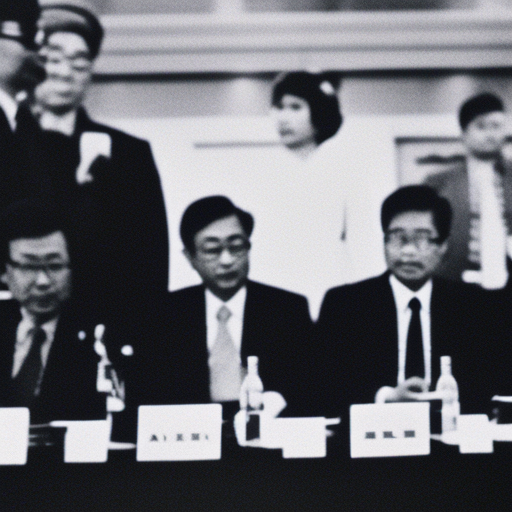Summary:
The Asian Relations Conference was a significant event held in New Delhi, India, from March 23 to March 29, 1947. It aimed to promote Asian unity and discuss issues related to decolonization, economic cooperation, and cultural exchange. The conference brought together representatives from various Asian countries and played a crucial role in shaping the future of the continent.
Background:
In the aftermath of World War II, many Asian countries were striving for independence from colonial rule. The Asian Relations Conference was organized by India’s first Prime Minister, Jawaharlal Nehru, and the Indian National Congress, with the objective of fostering solidarity among Asian nations and addressing their common concerns.
Conference Proceedings:
The conference was attended by delegates from 29 countries, including India, China, Indonesia, Burma (now Myanmar), Ceylon (now Sri Lanka), and several Middle Eastern nations. Notably, representatives from both the nationalist Chinese government and the communist Chinese government were present, reflecting the ongoing civil war in China.
The conference began with an inaugural address by Nehru, emphasizing the importance of Asian unity and the need to address the challenges faced by the continent. Over the course of the conference, various sessions were held to discuss topics such as political cooperation, economic development, cultural exchange, and the role of Asia in the post-colonial world.
Key Outcomes:
1. Asian Unity: The conference played a crucial role in fostering a sense of unity among Asian nations. It provided a platform for representatives to exchange ideas, share their struggles against colonialism, and build solidarity.
2. Decolonization: One of the primary objectives of the conference was to discuss the issue of decolonization. Delegates expressed their support for the independence movements in various Asian countries and called for an end to colonial rule.
3. Economic Cooperation: The conference recognized the importance of economic cooperation among Asian nations. Delegates discussed the need for regional economic integration, trade promotion, and investment in infrastructure to foster economic growth and development.
4. Cultural Exchange: The conference emphasized the significance of cultural exchange among Asian countries. Delegates highlighted the need to preserve and promote Asian culture, art, and literature, as well as the importance of educational and intellectual exchanges.
5. Role of Asia in the Post-Colonial World: The conference recognized the potential of Asia to play a significant role in shaping the post-colonial world order. Delegates emphasized the need for Asian countries to work together to safeguard their interests and contribute to global peace and stability.
Legacy:
The Asian Relations Conference had a lasting impact on the continent. It laid the foundation for future regional cooperation and solidarity among Asian nations. The conference also paved the way for the establishment of the Non-Aligned Movement, which aimed to provide a platform for countries that did not align with either the Western or Eastern blocs during the Cold War.
In conclusion, the Asian Relations Conference was a landmark event that brought together Asian nations to discuss issues of common concern. It promoted unity, decolonization, economic cooperation, and cultural exchange among Asian countries. The conference played a significant role in shaping the future of the continent and left a lasting legacy in the form of increased regional cooperation and the establishment of the Non-Aligned Movement.












